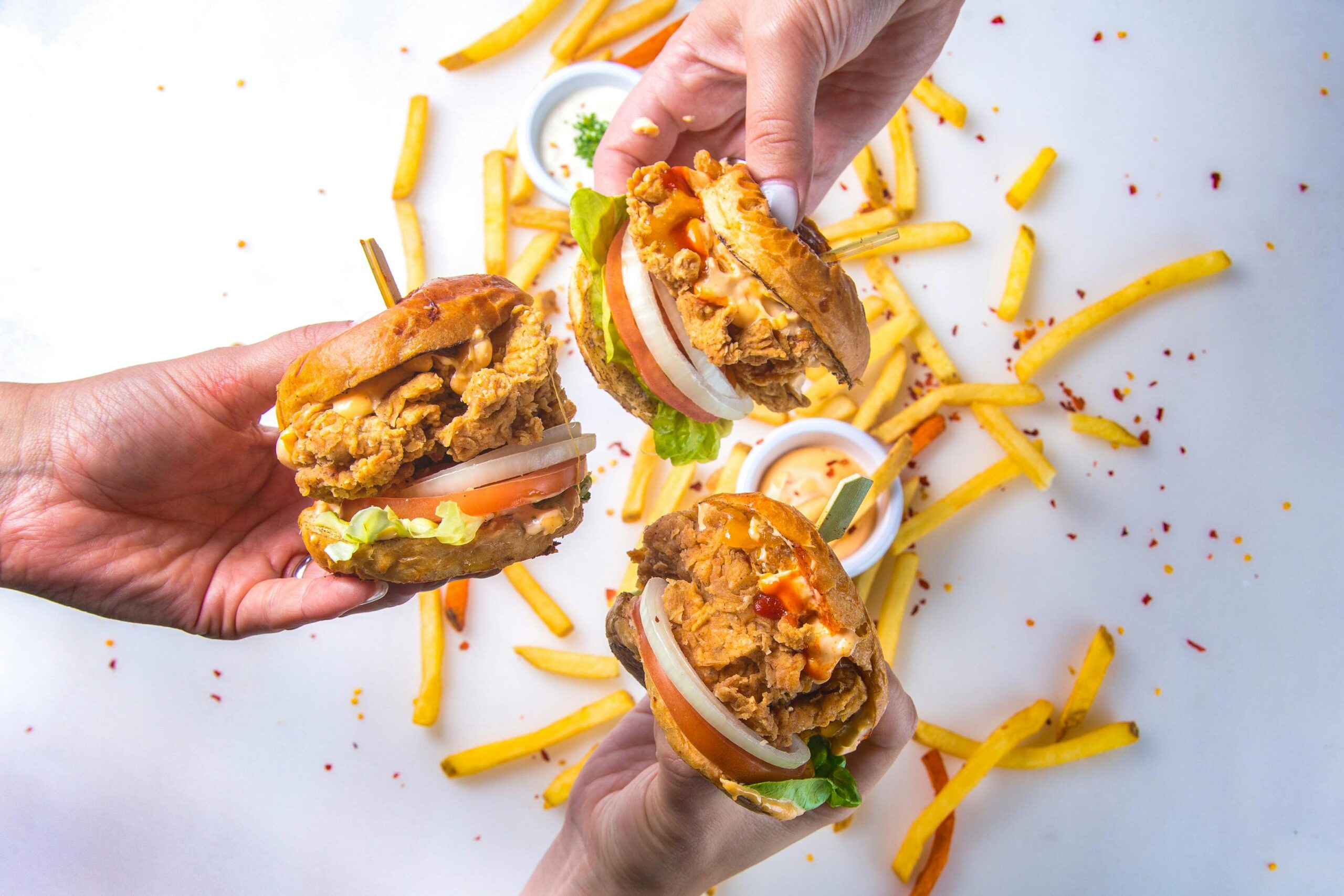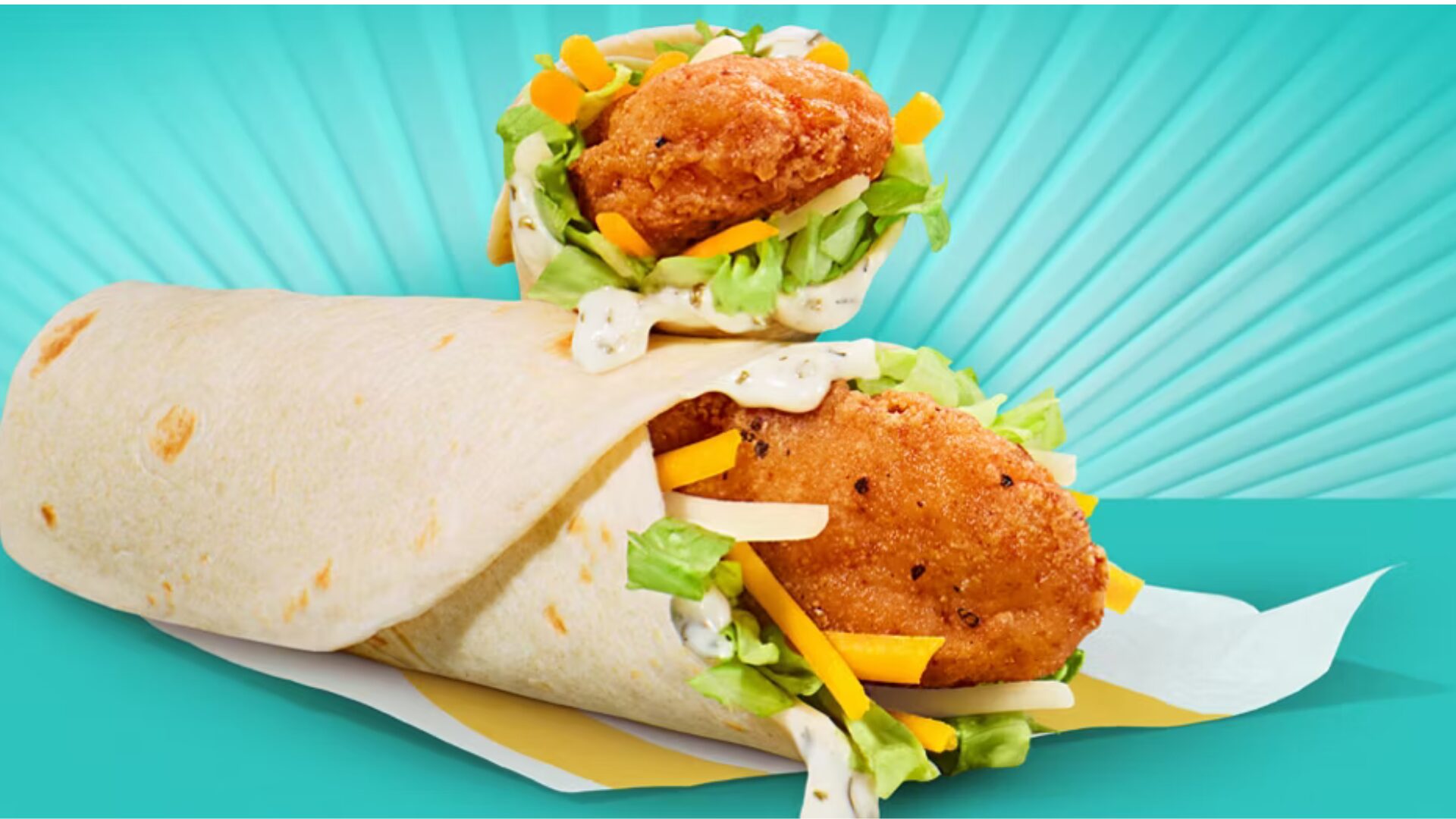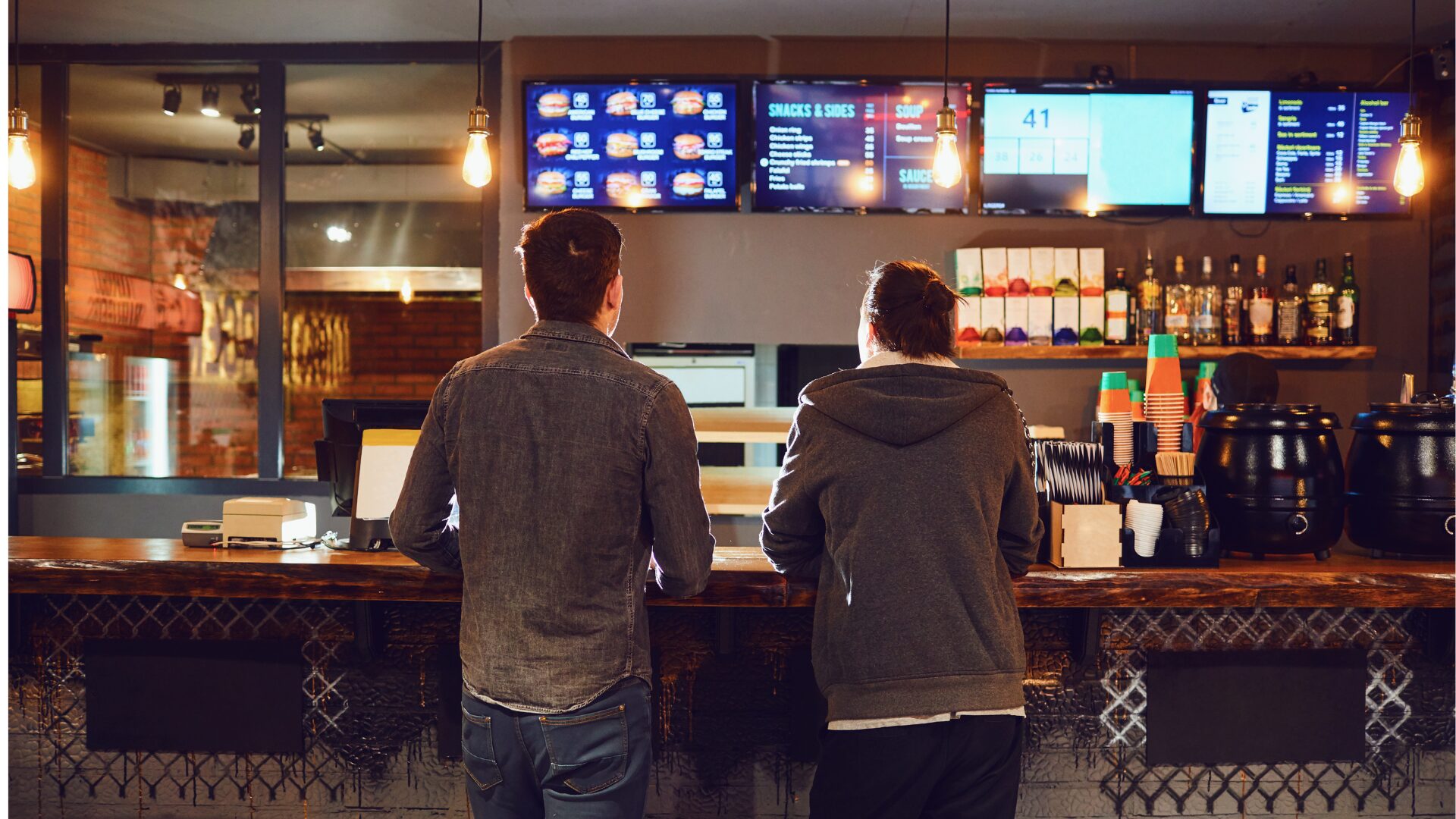After-bar snackers rejoice! Late night is back. With the resurgence of late-night activities, such as concerts and sporting events as the Covid pandemic eases, people are out and about later and looking to snack – which some restaurateurs are taking advantage of.
Several restaurant chains have reported a recovery of late-night business and, according to an article by Nation’s Restaurant News, traffic during this timeframe has increased 7.5% in Q2 2023 versus a year prior.
“I’d argue that Americans’ growing fondness for late-night snacks has spawned from remote work. Many jobs now offer hybrid or remote work options, which allow individuals to set their own working hours,” Starr Douglas, the CEO of FrontHouz, a restaurant staffing solution, told The Food Institute. “Those who previously were limited to a 9-5 can now start their work later in the day and finish later at night.”
Wendy’s Seizes Moment
Wendy’s has seen the potential for this daypart and recently started advertising its late-night business aggressively.
“We’re very pleased with the opportunity that we see at late night,” Wendy’s CEO Todd Penegor said during a recent earnings call. First and foremost, we want to make sure that we’ve got our restaurants open till midnight or later.
“We now have 90 percent of our system’s [restaurants] open midnight or later. What we really want to do is make sure there’s awareness that we’re open … so we can build into customers’ routines.”
Positive Sign for Labor Shortage?
Does the success of late-night indicate that the labor shortage is coming to an end?
Not necessarily.
“Staff members willing to work those hours has declined,” Neil Newcomb, CEO of Kelly’s Roast Beef, shared with The Food Institute.
“The rise of this ‘late-night daypart’ doesn’t allude to any strong correlation with the labor shortage,” Douglas contended. “In fact, QSRs are struggling more than ever to staff their late-night shifts, as they’re viewed as less desirable and unsafe compared to daytime shifts.
“It goes back to a basic economic principle: demand doesn’t directly affect supply, and supply doesn’t directly affect demand,” Douglas added. “There are way more factors at play here. Just because America wants more burgers at 2 a.m., it doesn’t mean that more foodservice workers want to serve burgers at 2 a.m. And with more freelancing options available to this labor pool than ever before, the labor shortage for QSRs continues to persist.”
The Food Institute Podcast
What drives consumers in the frozen food sector? According to Red’s All Natural founder Mike Adair, they want both convenience and better-for-you attributes. City National Bank managing director Jennifer Braasch also shares how the frozen food sector has grown despite the pandemic and inflationary pressures.












